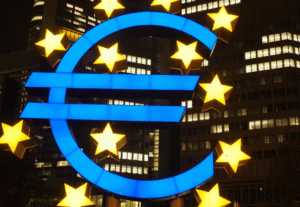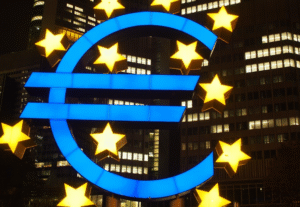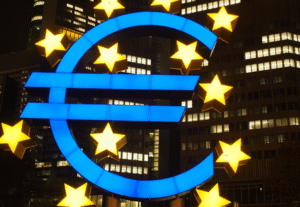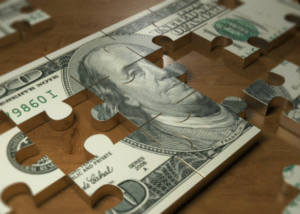#USDollar #FinancialMarkets #CurrencyDepreciation #InterestRates #GlobalEconomy #Inflation #CentralBanks #EconomicGrowth
The ongoing debates and analyses concerning the preference of the United States for either a strong or weak dollar have garnered considerable attention, especially within the context of recent financial market behaviors. Financial markets are currently experiencing no definitive trend, with relatively mild fluctuations causing significant discussion among investors and analysts. This has been particularly evident in the currency market, where depreciations in non-US dollars, such as the Euro, Japanese Yen, and Chinese Yuan, have each followed their unique storylines. These currency movements have led to the strengthening of the U.S. dollar despite numerous predictions and reasons supporting its potential decline. Interestingly, the U.S. dollar has managed to trade near its historical highs, contrary to many expectations.
The strength of the U.S. dollar can be attributed to a complex mix of political, economic, and global factors. Notably, the U.S. interest rates, which are higher compared to those of other countries, play a significant role in bolstering the dollar’s value. However, it is essential to recognize that the current global wave of inflation and climbing interest rates is a phenomenon affecting central banks worldwide, indicating that the stronger dollar is not merely a product of U.S. economic policies but rather a reflection of broader global economic factors. The U.S. dollar’s ubiquity in international transactions further complicates its valuation, suggesting that it mirrors not only the state of the U.S. economy but also broader global economic trends.
Despite the inherent advantages of a strong dollar, such as its role in international trade and its stability as a global reserve currency, there are indications that the U.S. might favor a weaker dollar in the current climate. A weaker dollar could potentially benefit the U.S. economy by making American goods more competitive on the global market, thus stimulating growth. Historical data suggests that there is a correlation between the strength of the dollar and the performance of the U.S. economy, with a weaker dollar generally favoring economic expansion. The intricate relationship between currency valuation and economic health, coupled with the broader implications of global market dynamics, presents a nuanced picture of the U.S.’s strategic financial interests. As the global financial landscape continues to evolve, the strategic preferences of the United States regarding the strength of its currency will remain a topic of keen interest and analysis.







Comments are closed.